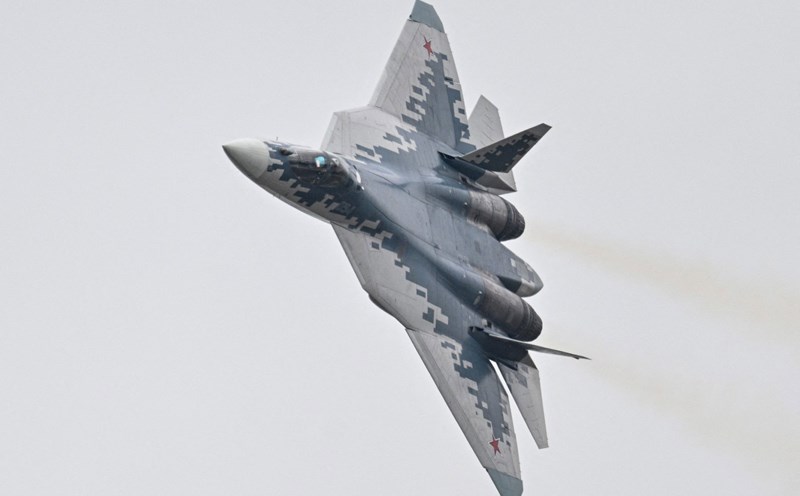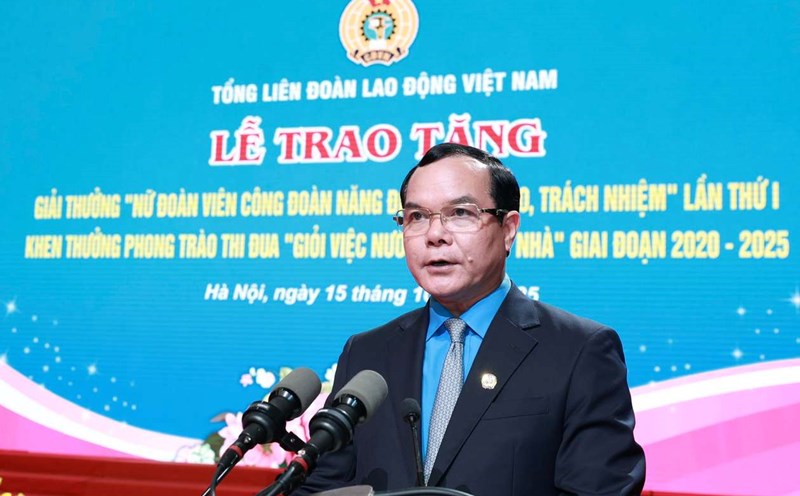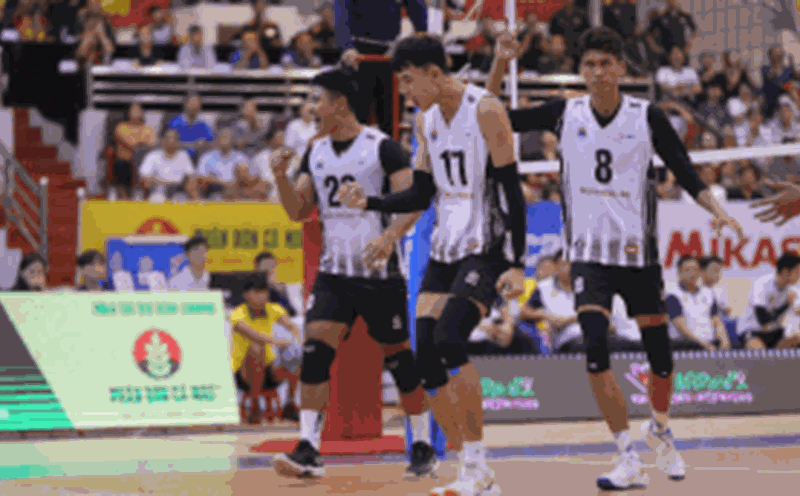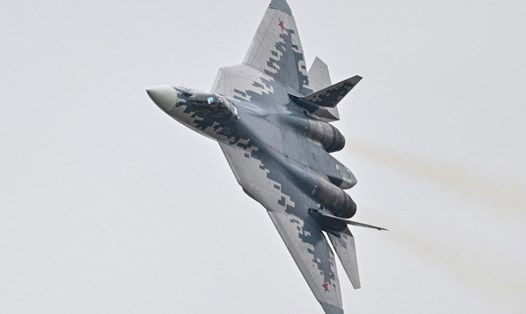On October 15, a British source revealed that a number of defense officials from NATO member countries held a closed discussion in Brussels ( Belgium) on the development of new rules to make it easier to shoot down Russian fighter jets.
Discussions focused on building a unified set of guidelines for dealing with enemy aircraft. The defense leadership wants Russian fighters carrying surface-to-air missiles flying in allies' airspace to be considered a legitimate target.
The plane's "weapon type and flight trajectory" will be a key factor in determining the level of threat and the attack decision could be made if the planets carry non-terrestrial missiles or have aggressive routes.
This closed discussion arose from an unofficial call by Mr. Alexus Grynkewich - Commander of NATO allied forces in Europe and a general of the US Air Force - after the Western airspace was harassed by a series of UAVs.
Grynkewich has called on NATO members to establish a unified air defense and missile defense system to simplify the response to all potential stimulus from Moscow, according to a British source. This will help the US general eliminate national apartments that could hinder the decision to use force.

Mr. Grynkewich's call was made in the context of many NATO countries having different combat rules despite operating under the name of the alliance. Some require pilots to visibly confirm the threat before taking action, while others allow firing based only on radar data.
Last month, NATO held two Article 4 urgent meetings following the provincial actions of unidentified flying objects, including unmanned aerial vehicles (UAVs) and fighter jets in the airspace of Estonia and Poland.
At the time, both Estonia and Poland as well as the entire NATO accused Russia of being behind without providing any concrete evidence. They only said that Russian UAVs and fighters violated airspace while returning after conducting airstrikes in Ukraine.
Observers say NATO appears to be ignoring Moscow's warning as it continues to discuss the scenario of a direct attack on Russian fighters. They called it a risky move and warned that it could plunge NATO into an uncontrolled military confrontation.
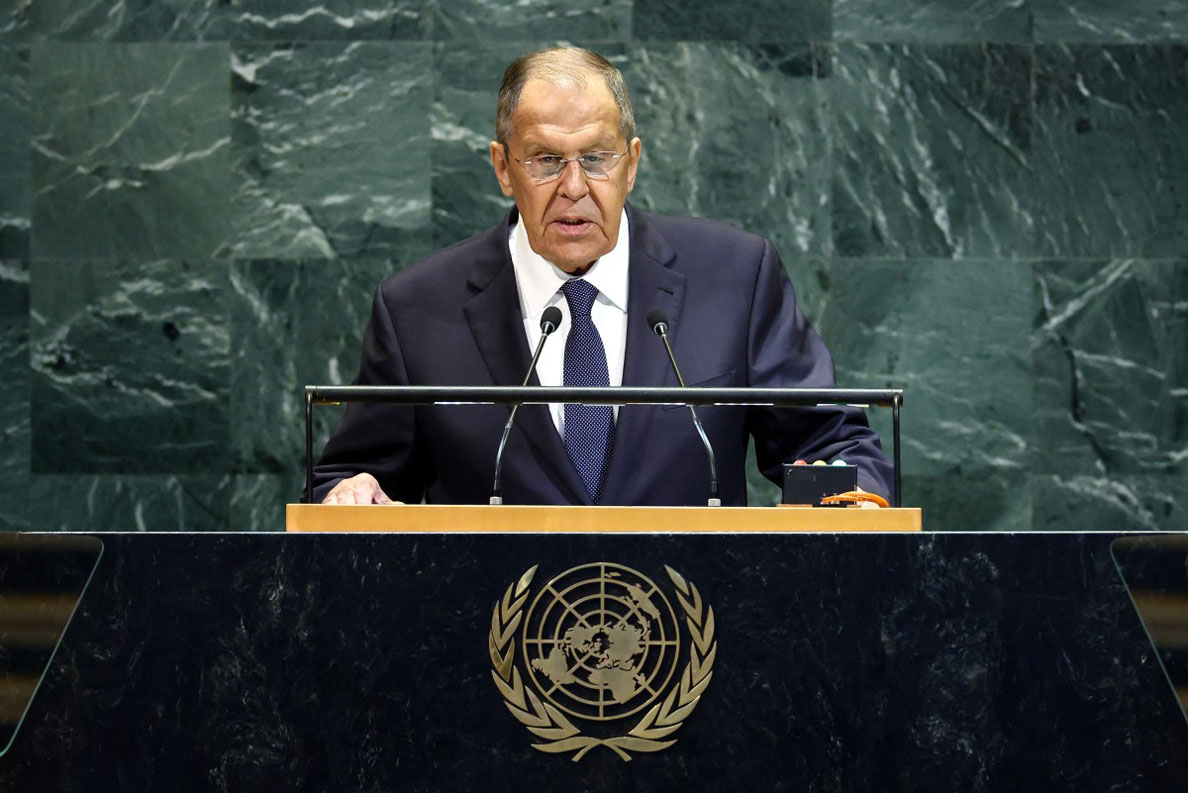
Earlier, on September 27, speaking at the United Nations, Russian Foreign Minister Sergei Lavrov warned that the West would face a " Determined response" if it took any aggressive action against Moscow.
" Any act of aggression against my country will be met with a definite reaction. NATO and the European Union (EU) should not have any doubt about this, especially when they are telling voters that war with Russia is inevitable, Mr. Lavrov said before the United Nations General Assembly.
Moscow's top diplomat also strongly condemned the intentions of some European countries to seek to shoot down Russian unmanned aerial vehicles (UAVs) right in Russian territory.

